We found 45 Neurologists near you in Chennai. You can easily connect with a top Neurologist in Chennai, who can provide advanced treatment and caring support for your Neurology concerns.
Neurologists near me
45 Neurology doctors in Chennai
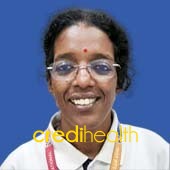
MIOT International Hospital, Chennai
Rs. 900 Consult Fees

SIMS Hospitals, Vadapalani, Chennai
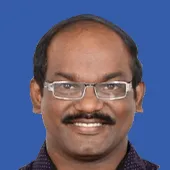
MGM Healthcare, Nelson Manickam Road, Chennai
Rs. 800 Consult Fees
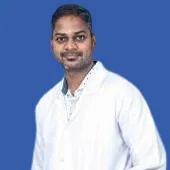
Gleneagles Global Hospital, Chennai
Rs. 1,000 Consult Fees

Apollo Hospitals, Greams Road, Chennai
Rs. 2,000 Consult Fees
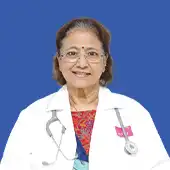
Kauvery Hospital, Alwarpet, Chennai

Apollo Hospitals, Greams Road, Chennai
Rs. 1,500 Consult Fees
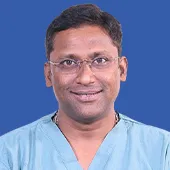
VS Hospital, Kilpauk, Chennai

Kauvery Hospital, Alwarpet, Chennai
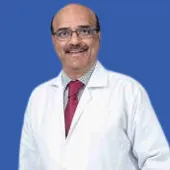
Gleneagles Global Hospital, Chennai
Rs. 1,200 Consult Fees
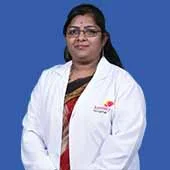
Kauvery Hospital, Radial Road, Chennai

Kauvery Hospital, Alwarpet, Chennai
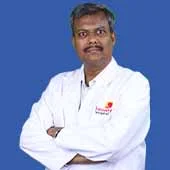
Kauvery Hospital, Radial Road, Chennai

Apollo Hospitals, Greams Road, Chennai
Rs. 1,500 Consult Fees
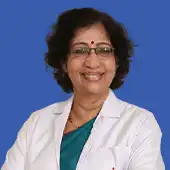
MGM Healthcare, Malar, Chennai
Rs. 750 Consult Fees

Medway Hospital, Kodambakkam, Chennai
Rs. 800 Consult Fees

Dr Mehta Hospital, Chetpet, Chennai

Apollo Speciality Hospitals, Vanagaram, Chennai
Rs. 1,000 Consult Fees

MGM Healthcare, Malar, Chennai
Rs. 500 Consult Fees
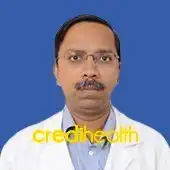
Apollo Hospitals, Greams Road, Chennai
Rs. 1,200 Consult Fees
